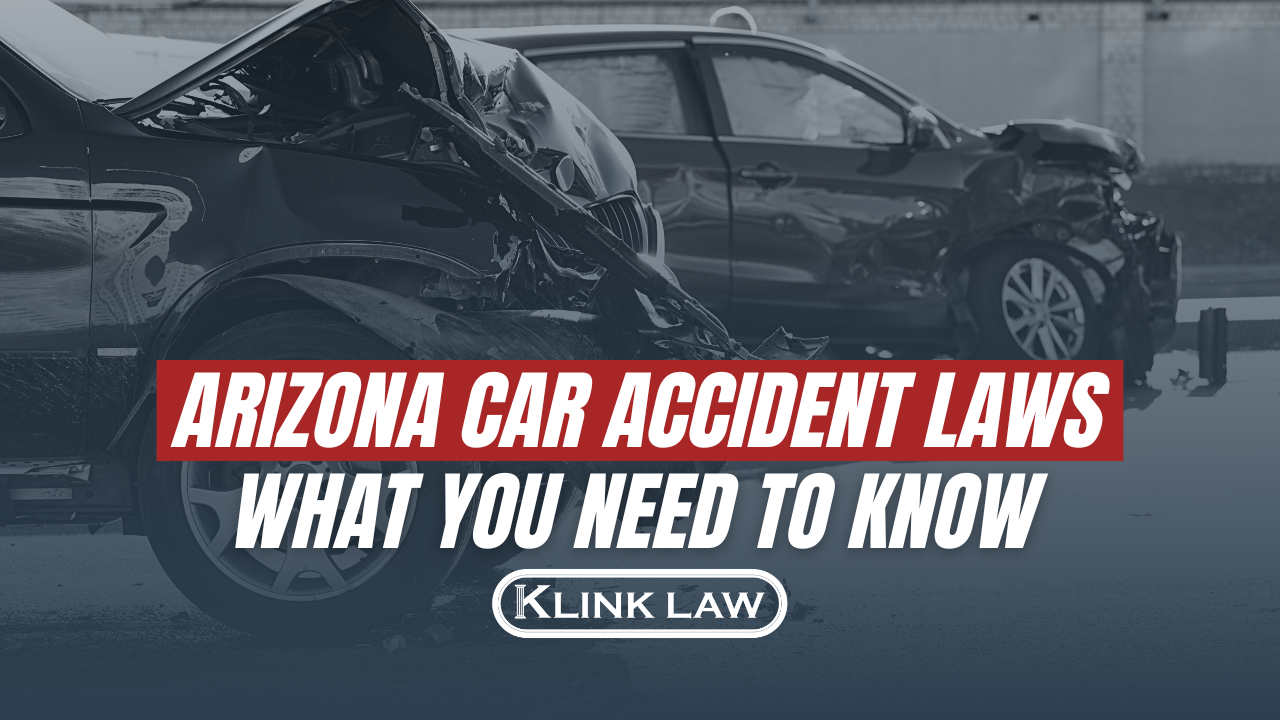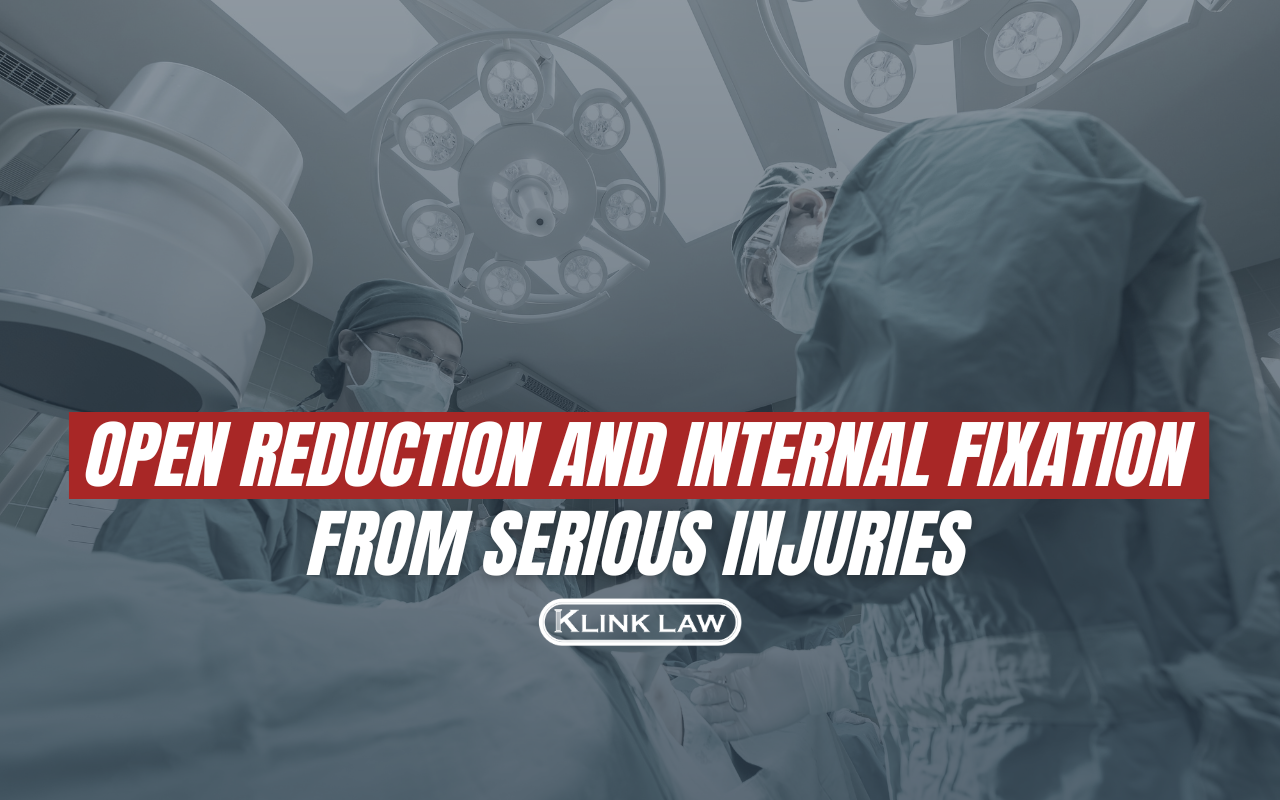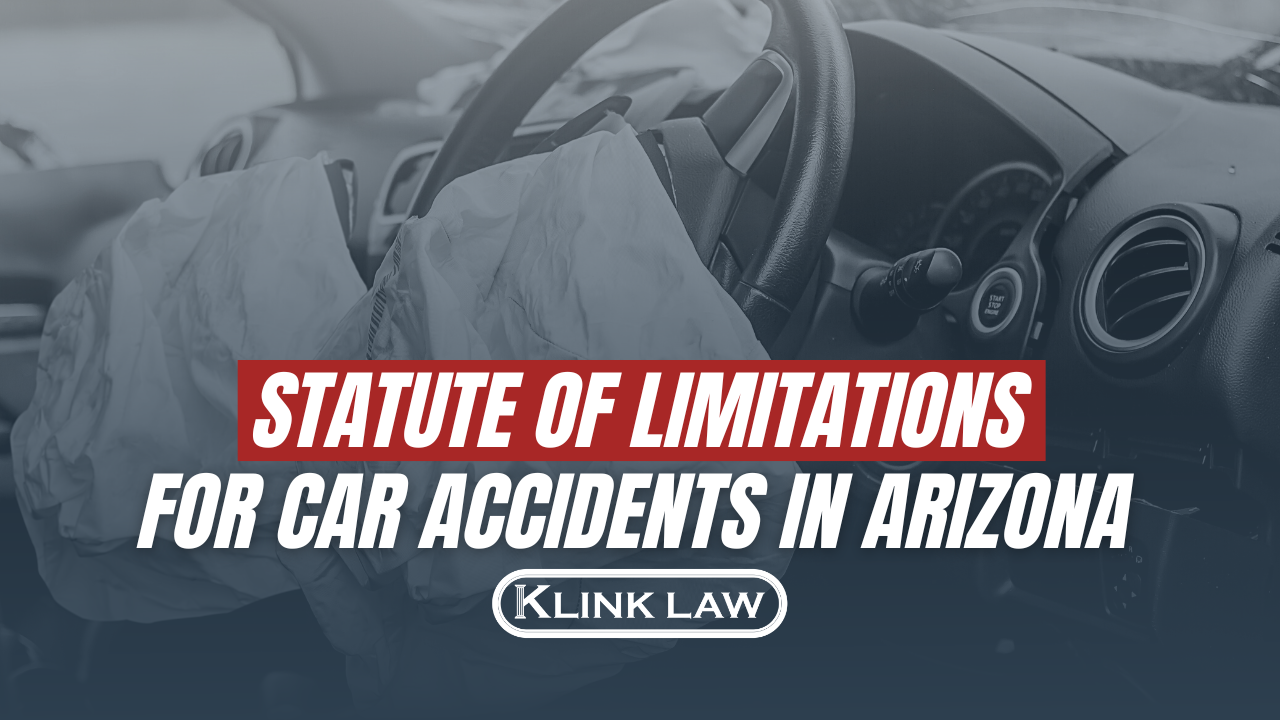
Arizona Car Accident Laws
Arizona Car Accident Laws: What You Need to Know
Arizona car accident laws can be complex and confusing for those who are unfamiliar with them. These laws govern what happens after a car accident, including who is responsible for paying for damages, injuries, and other expenses. Understanding Arizona car accident laws is crucial for anyone who drives in the state, as it can help protect them from financial and legal trouble in the event of an accident.
One of the most important things to understand about Arizona car accident laws is that the state follows a fault-based system. This means that the driver who is at fault for the accident is responsible for paying for any damages or injuries that result from it. However, it’s not always clear who is at fault, and determining fault can be a complex process that involves investigating the accident, reviewing witness statements, and consulting with experts.
Another key aspect of Arizona car accident laws is the statute of limitations. This is the time limit within which a person must file a lawsuit after a car accident. In Arizona, the statute of limitations for personal injury claims related to car accidents is two years from the date of the accident. This means that if a person fails to file a lawsuit within this time frame, they may lose their right to seek compensation for their injuries and other damages.
Arizona Car Accident Laws: An Overview
What is Considered a Car Accident in Arizona?
In Arizona, a car accident is defined as any collision between a motor vehicle and another vehicle, pedestrian, or object that results in property damage, injury, or death. This includes accidents involving cars, trucks, motorcycles, bicycles, and pedestrians.
Who is Liable for a Car Accident in Arizona?
Arizona follows a “fault” system for car accidents, which means that the person who caused the accident is responsible for paying for any damages that result. Liability is determined based on the degree of fault of each driver involved in the accident. If a driver is found to be more than 50% at fault, they may not be able to recover damages.
What Damages Can Be Recovered in a Car Accident Lawsuit in Arizona?
In Arizona, victims of car accidents can recover both economic and non-economic damages. Economic damages include things like medical expenses, lost wages, and property damage. Non-economic damages include things like pain and suffering, emotional distress, and loss of enjoyment of life.
It is important to note that Arizona has a statute of limitations for filing a car accident lawsuit. Victims have two years from the date of the accident to file a lawsuit. If the lawsuit is not filed within this time frame, the victim may lose their right to recover damages.
Overall, understanding Arizona car accident laws is essential for anyone who has been involved in a car accident in the state. By knowing what is considered a car accident, who is liable, and what damages can be recovered, victims can make informed decisions about how to proceed with their case.
Statute of Limitations for Car Accident Lawsuits in Arizona
In Arizona, there is a time limit for filing a lawsuit after a car accident. This time limit is known as the statute of limitations. The statute of limitations for car accident lawsuits in Arizona is two years from the date of the accident.
If a person fails to file a lawsuit within this time frame, they may lose their right to pursue legal action and recover damages for their injuries and losses. Therefore, it is important to act quickly and seek legal advice following a car accident in Arizona.
It is also important to note that the statute of limitations may vary depending on the circumstances of the accident. For instance, if the accident involved a government entity, the time limit for filing a claim may be shorter. It is best to consult with an experienced car accident attorney to determine the applicable statute of limitations in your case.
In summary, the statute of limitations for car accident lawsuits in Arizona is two years from the date of the accident. It is crucial to file a lawsuit within this time frame to protect your legal rights and recover damages for your losses.
Comparative Fault in Arizona Car Accident Cases
In Arizona, comparative fault is used to determine the percentage of fault each party holds in a car accident case. This means that even if one party is found to be primarily at fault, the other party may still be found to be partially at fault.
Arizona follows a pure comparative fault system, which means that a plaintiff can still recover damages even if they were 99% at fault for the accident. However, their damages will be reduced by their percentage of fault. For example, if the plaintiff is found to be 40% at fault for the accident and their damages total $10,000, they will only be able to recover $6,000.
It is important to note that comparative fault can be used as a defense by the defendant. If the defendant can prove that the plaintiff was partially at fault for the accident, the plaintiff’s damages will be reduced accordingly.
When determining comparative fault, Arizona courts will consider several factors, including:
- The actions of each party leading up to the accident
- The speed and direction of each vehicle
- The road and weather conditions at the time of the accident
- Any traffic violations committed by either party
It is important for both parties to gather evidence and witness statements to support their case and prove their percentage of fault. A skilled car accident attorney can help navigate the complexities of comparative fault and ensure that their client receives the maximum amount of damages possible.
Arizona Car Insurance Requirements
Arizona requires all drivers to have car insurance to legally operate a vehicle on the road. Failure to have insurance can result in fines, license suspension, and even legal action. In this section, we will discuss the minimum insurance coverage requirements and optional insurance coverage in Arizona.
Minimum Insurance Coverage Requirements
Arizona law requires drivers to have a minimum amount of liability insurance coverage to cover damages or injuries they may cause in an accident. The minimum coverage requirements are:
- $15,000 for bodily injury or death per person
- $30,000 for bodily injury or death per accident
- $10,000 for property damage
Drivers must carry proof of insurance with them at all times while driving and present it to law enforcement upon request.
Optional Insurance Coverage in Arizona
While Arizona law only requires liability insurance, drivers may choose to purchase additional coverage for added protection. Optional insurance coverage in Arizona includes:
- Collision coverage: Covers damages to the insured driver’s vehicle in a collision with another vehicle or object.
- Comprehensive coverage: Covers damages to the insured driver’s vehicle from non-collision incidents such as theft, vandalism, or natural disasters.
- Uninsured/underinsured motorist coverage: Covers damages and injuries caused by an uninsured or underinsured driver in an accident.
It is important to note that while optional insurance coverage is not required by law, it can provide added protection and peace of mind for drivers.
In conclusion, Arizona requires all drivers to have a minimum amount of liability insurance coverage to legally operate a vehicle on the road. Optional insurance coverage is available for added protection. Drivers should carefully consider their insurance needs and options to ensure they have adequate coverage in the event of an accident.
Steps to Take After a Car Accident in Arizona
Getting into a car accident can be a traumatic experience, but knowing what to do can help you stay calm and protect your rights. Here are some steps to take after a car accident in Arizona:
Call the Police and Seek Medical Attention
The first thing you should do after a car accident is call the police and seek medical attention if necessary. Even if the accident seems minor, it’s important to get a police report and seek medical attention to document any injuries. If you or anyone else involved in the accident is injured, call 911 immediately.
Gather Evidence
After making sure everyone is safe, you should gather as much evidence as possible. Take photos of the accident scene, including damage to the vehicles, any injuries, and any road conditions that may have contributed to the accident. Get the names and contact information of any witnesses, and write down the license plate numbers of all vehicles involved in the accident.
Notify Your Insurance Company
You should notify your insurance company as soon as possible after a car accident. Be honest and accurate when describing the accident and any injuries you may have sustained. Your insurance company will likely ask you to provide a copy of the police report and any medical bills related to the accident.
Consult with an Experienced Car Accident Attorney
If you were injured in a car accident, it’s important to consult with an experienced car accident attorney. An attorney can help you understand your legal rights and options, and can help you navigate the complex process of filing a personal injury claim. They can also negotiate with insurance companies on your behalf to help you get the compensation you deserve.
If you’ve been injured in a car accident, it’s critical that you understand Arizona’s laws and what you need to do next. First things first, contact Klink Law, PLLC today to speak with our experienced Phoenix personal injury lawyer and to learn more about how we can help.


